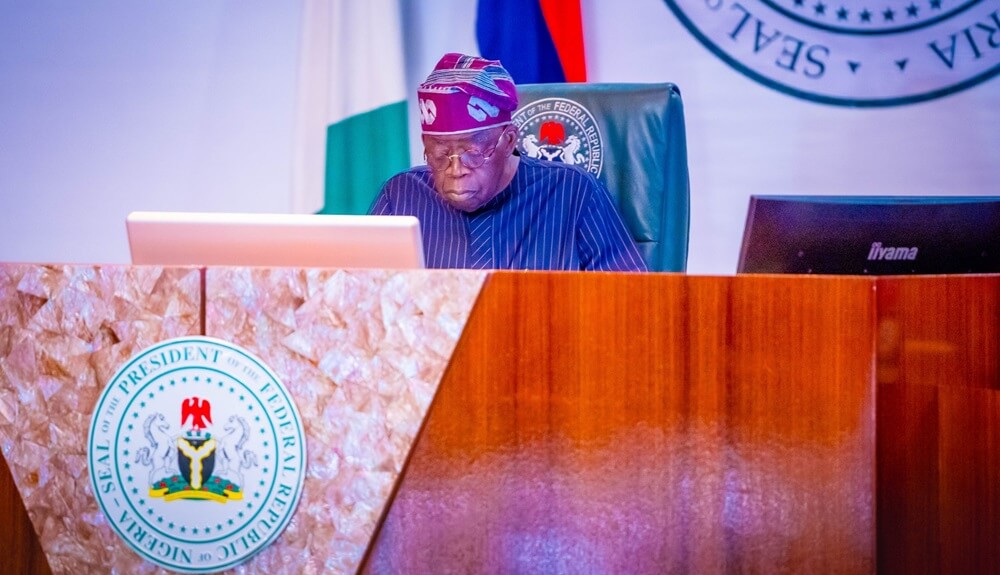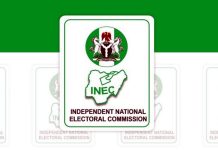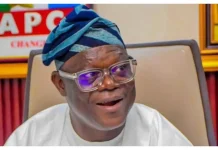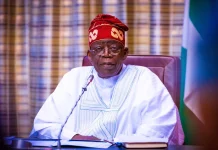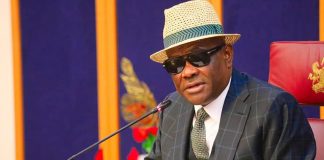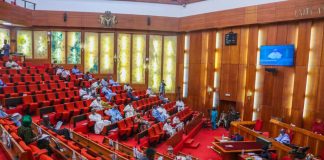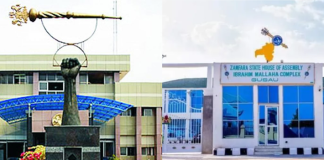🌿 Ruzu Non-Alcoholic Herbal Bitters
Ruzu Non-Alcoholic Herbal Bitters is a natural health supplement specially formulated to:
- ✅ Promote general wellness
- ✅ Detoxify the body
- ✅ Support the treatment of various ailments
Made from a powerful blend of 100% organic and medicinal herbs, Ruzu is completely alcohol-free, making it ideal for:
- 👪 All age groups
- 🌱 Health-conscious individuals
- 🌿 Anyone seeking non-alcoholic herbal remedies
Whether you're looking to boost your vitality, cleanse your system, or support healing the natural way, Ruzu Bitters offers a trusted herbal solution.
There has been ongoing dispute around the tax reform plans, with some northerners mistakenly arguing that if they are passed in their current form, the region would become impoverished.
The Presidency has strongly refuted this, stating that the reforms are intended to lower the burden on the poor, remove multiple levies, and simplify the tax system for simplicity of administration.
The majority of politicians and analysts who have made views regarding the tax reform measures have not even read them, it has been noted. Don’t remark on other people’s comments, please. Get the legislation and read them objectively before making any judgments about them because there is a lot of false information about these well-written bills out there.
The tax reform plans contain numerous favorable features for the underprivileged and business owners.
For example, anyone who make less than a million naira a year will no longer be required to pay income tax.
Read Also: BOI Distributes N22.89bn Among 29 Manufacturers
In contrast to the present threshold of 3.2 million naira, only individuals earning over 50 million naira will be subject to a 25 percent income tax rate.
Income tax would not be paid by companies with annual revenue under fifty million naira. The barrier is currently 25 million naira.
Corporate taxes for medium-sized and large businesses will decrease from thirty percent to twenty-five percent by 2026.
Businesses who do not report their profits will no longer be required to pay the one percent gross earnings tax.
The existing 3.5 percent additional tax is replaced with a new 2 percent development fee, which will be used to directly support student loans starting in 2030.
Food, electricity, school fees, and medical services would not be subject to VAT, guaranteeing that costs remain affordable for the underprivileged.
The main component of the proposals that some northern leaders are criticizing is the clause that calls for a distribution mechanism based on derivation for the VAT revenues.
The reservations are a result of a failure to comprehend the clause that could ultimately benefit the north.
Promoting
The proposals suggest that the states be given a new VAT share formula of fifty-five percent (55%) as opposed to the current fifteen percent (15%).
The proportion of the local governments will be increased to thirty-five percent (35%), while the share of the federal government will be decreased from fifteen percent (15%) to ten percent (10%).
According to a law, sixty percent of the total sum owed by states and local governments must be disbursed based on derivation.
Because corporate headquarters are located in Lagos, Rivers, and the Federal Capital Territory (FCT), the existing sharing formula favors these areas. In contrast, this model of distribution is more egalitarian and is based on consumption among the states.
For example, the SA prevalent model assumes that even in states with millions of consumers, a telecom company’s VAT payment from its Lagos head office is credited to Lagos.
The telecom operator is required to provide the tax authorities with information on the subscriber allocations across the country in order to distribute the VAT proceeds under the proposed model. The northern area, which has millions of telecom users, will gain from this. The number of subscribers on Kano alone is 11.9 million.
Read Also: NGO Urges Policy Frameworks to Consider PWDs
Not the northern region, but Lagos, Rivers, and the FCT, should be complaining about the new sharing arrangement.
Whatever is in the tax reform measures is still just a suggestion, regardless of the circumstances. They may undergo modifications.
Instead of demanding that the well-written tax reform legislation be rejected outright, the North should thoroughly document all of its objections to the bills and submit them to the National Assembly through its representatives for a thorough discussion.
In addition, the north ought to inquire about how it ought to be paid for the food products it manufactures that are VAT-free.
Godswill Akpabio, the Senate President, has pledged to invite experts, state governors, traditional leaders, and other interested parties to participate in discussions on the tax reform proposals. After listening to Nigerians, he said that the Senate would provide them with what is good. Really, what else do we want?
The tax reform process is still ongoing, having started fourteen months ago. Nothing is cast in stone. New inputs can still be infused. Suggestions have not been foreclosed. So, the north has nothing to worry about.
Disagreements over some provisions in the tax reform bills shouldnot be allowed to truncate the process.
The poor people need reforms. The business people crying over multiple taxation need the reforms, and Nigeria which is in need of rapid economic development, urgently needs the tax reforms.

